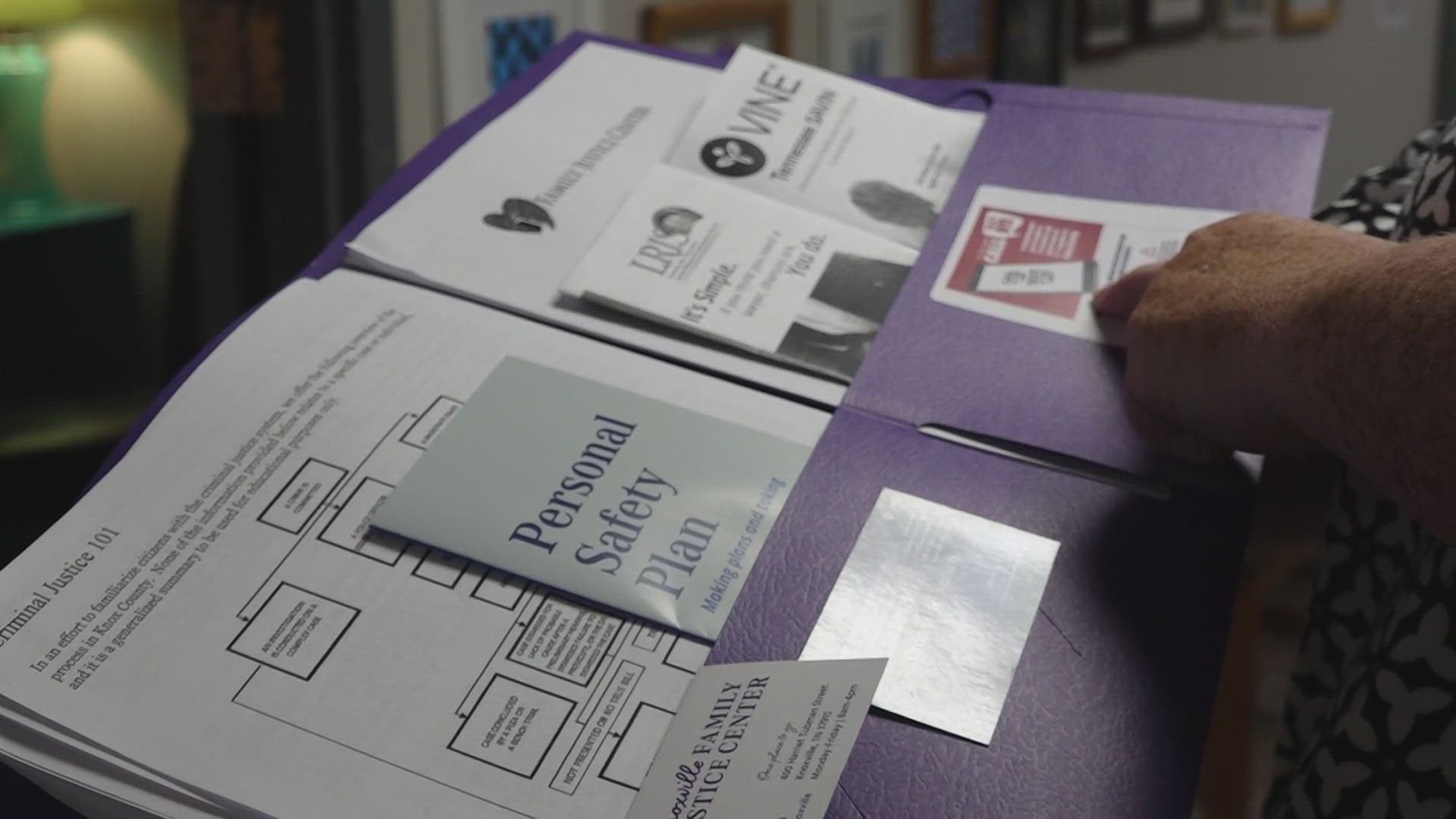KNOXVILLE, Tenn. — Law enforcement officers respond to calls for help every day, but some calls are more unpredictable than others.
The Federal Bureau of Investigation released a list of law enforcement officers killed in the line of duty through the Law Enforcement Officers Killed and Assaulted (LEOKA) Data Collection. Tim Hutchison, a former Knox County Sheriff, said domestic calls can be some of the most unpredictable to respond to.
"Sometimes you don't think that, when you're just out doing the job, you just do the job. And you don't worry about how dangerous it is. You just move forward, you do it. As an officer, you generally don't think about the worst that can happen to you all the time, or you couldn't handle the job," said Hutchison.
He says law enforcement agencies try to prepare officers to respond to anything that could come their way.
"There's a lot of training that goes into that, especially when it's a domestic violence. That's not the first time that we've had an ambush shooting in this count," he said.
Kathryn Ellis, the executive director of the Knoxville Family Justice Center, agrees. She said that often someone involved in a domestic situation isn't the one who is making a call to law enforcement — it's a bystander who can't provide all the details.
"The person calling in probably can't say how many people are in the home, if there are children in the home, whether there are weapons or exactly what is going on and what has already happened. And that means that the officers are going in blind, they don't have as much information as we'd like for them to have. The other part of it is that in domestic situations, there's a very big tendency, at least in our society, of, 'What happens in my home is my business.' And so anytime somebody comes into your home, people view that as an invasion of their privacy or as somebody getting into their business that doesn't need to be in their business. And so that automatically creates an additional tension," said Ellis.
She said anyone who makes a call as a bystander, should keep their distance and do their best to be safe. Also, callers should try to give as much information as they can.
"If you know that your neighbor hunts, say there might be guns in the house. If you know that there have been or that there are children, let them know there might be these children in the home. Give as much information as you can, so that the officers who are responding have as complete a picture as possible because that is what helps to create a safer situation for them to respond to," said Ellis.
Ellis adds anyone who is a part of a domestic situation should not try to de-escalate the situation themselves. This could lead to increased anger and make the situation more dangerous. Calling the police is the best and safest thing to do.
She says the Knoxville Family Justice Center and its partners help families come up with the best way to leave within their own timeline.

